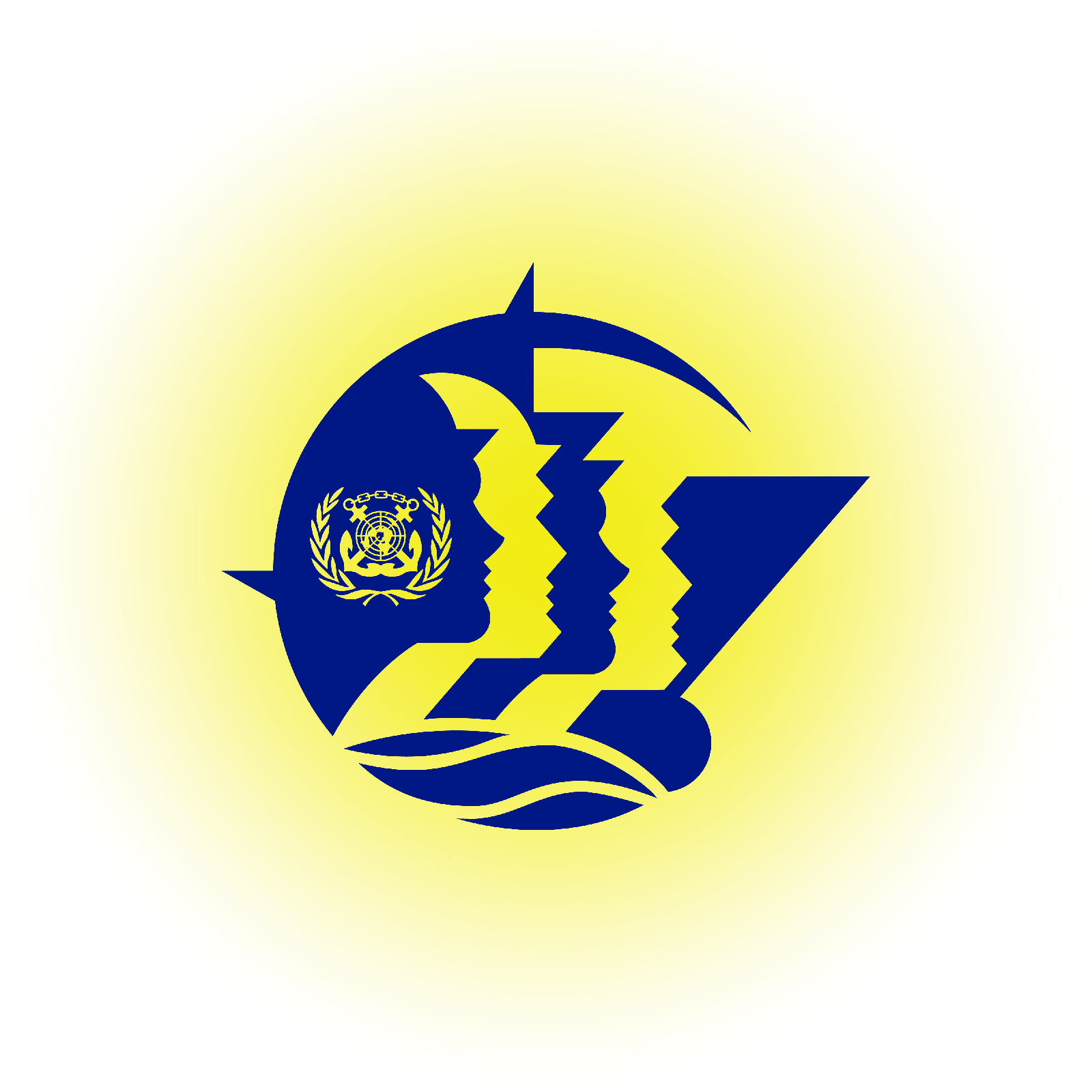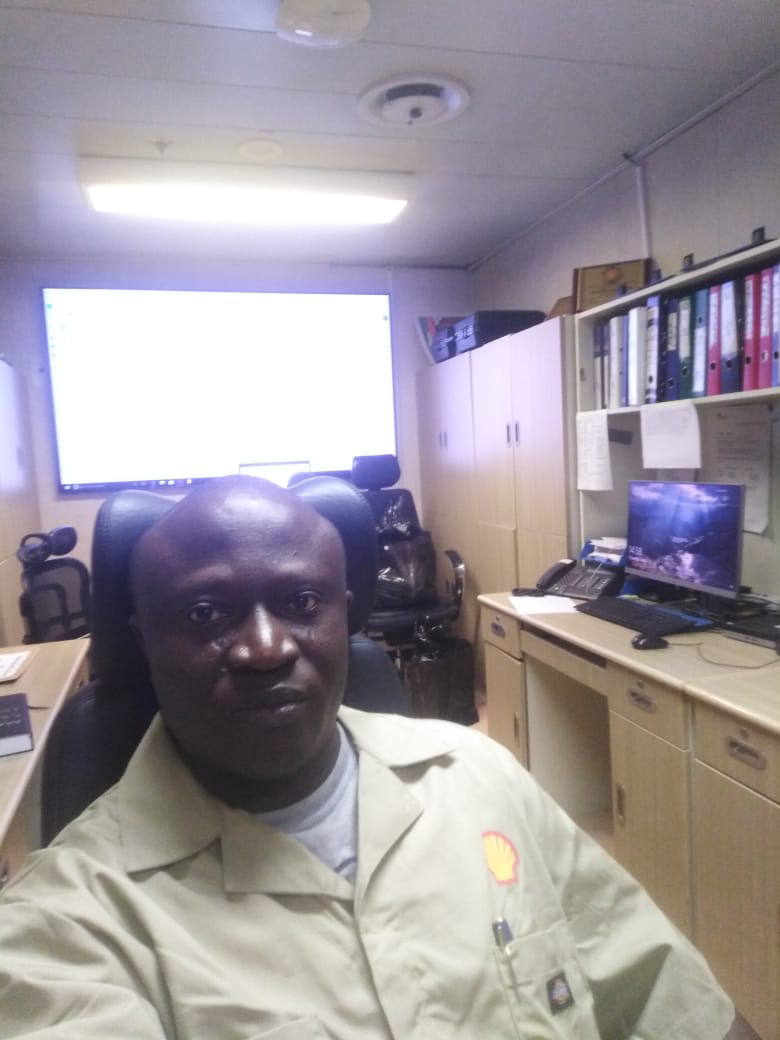The Nigerian Maritime Administration and Safety Agency (NIMASA) plays a vital role in regulating and promoting the maritime industry in Nigeria. As President Bola Tinubu considers appointments to key positions, it is crucial to prioritize the selection of a seasoned master mariner with extensive experience in shipping, logistics, and administration to lead NIMASA. This decision holds significant importance for the sustainable growth, safety, and efficiency of Nigeria's maritime sector.
1. Expertise in Maritime Operations:
Appointing a master mariner to head NIMASA ensures that the agency is led by someone with in-depth knowledge and expertise in maritime operations. A master mariner possesses comprehensive understanding of vessel navigation, international maritime regulations, port operations, and shipping logistics. Such expertise is essential for effective policy-making, regulation, and enforcement, ultimately contributing to the overall development and safety of Nigeria's maritime industry.
2. Safety and Security Measures:
The safety and security of maritime activities are paramount in maintaining the integrity of Nigeria's waters. A seasoned master mariner, with years of experience in handling complex maritime operations, understands the challenges associated with safety and security issues. They can implement stringent measures to prevent accidents, piracy, and environmental pollution. By prioritizing the appointment of an individual with a strong background in these areas, NIMASA can enhance its capacity to protect Nigerian waters and safeguard the interests of both domestic and international stakeholders.
3. Industry Insight and Stakeholder Collaboration:
The maritime industry is a complex network of diverse stakeholders, including ship owners, port operators, freight forwarders, and seafarers. Appointing a master mariner as the head of NIMASA ensures a leader who possesses firsthand experience in dealing with these stakeholders and understands their concerns. This enables effective collaboration, coordination, and policy formulation that align with the needs and aspirations of the maritime community. Through dialogue and consultation, a master mariner can drive initiatives that promote industry growth and address key challenges.
4. International Representation and Diplomacy:
The maritime industry is inherently global, with international conventions and regulations governing various aspects of its operations. A seasoned master mariner leading NIMASA can effectively represent Nigeria's maritime interests at international forums, engaging with counterparts from other countries, and contributing to the development of global maritime policies. This representation ensures Nigeria's voice is heard and its maritime industry benefits from global best practices, trade partnerships, and cooperation.
5. Training and Capacity Building:
Developing a skilled maritime workforce is essential for the industry's growth and competitiveness. A master mariner at the helm of NIMASA can introduce initiatives to enhance training programs, promote professional development, and ensure adherence to international standards. By investing in human capital and providing opportunities for skill acquisition, the maritime industry can attract and retain qualified professionals, thereby strengthening Nigeria's position in the global maritime landscape.
Conclusion:
Appointing a seasoned master mariner with vast experience in shipping, logistics, and administration to head NIMASA is a strategic decision that recognizes the significance of expertise, safety, stakeholder collaboration, international representation, and capacity building in the maritime sector. By choosing a leader who understands the intricacies of maritime operations, Nigeria can pave the way for a sustainable and prosperous maritime industry that adheres to global standards and contributes to the nation's economic development.
RABIU MS
CONCERNED MARINER



Facts 📌
ReplyDeleteYou have said it all... I believe someday, it will come to pass.